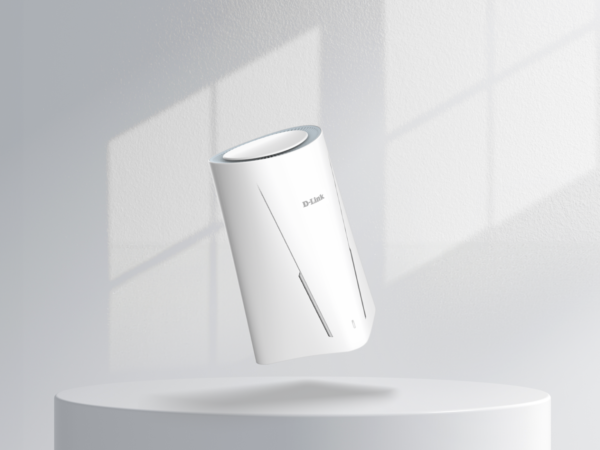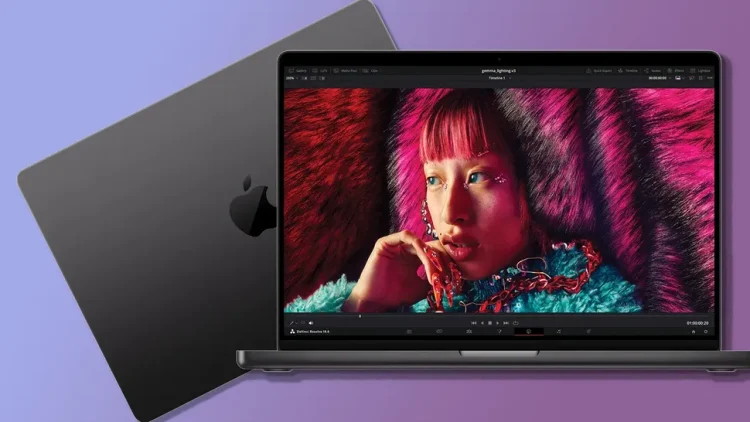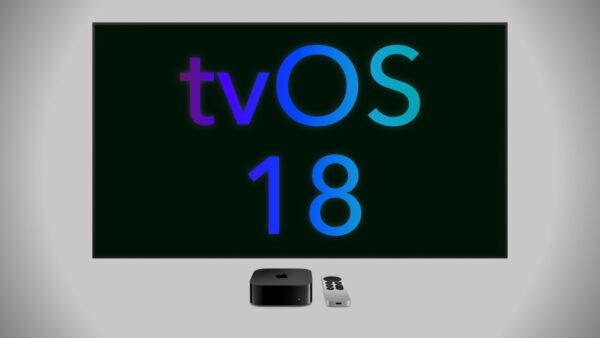
- 1. Introduction to Blockchain Technology
- 2. Blockchain Implementation in Healthcare
- 3. Benefits of Using Blockchain in Medical Records Management
- 4. Challenges and Limitations of Blockchain in Healthcare
- 5. Case Studies and Examples of Blockchain in Healthcare
- 6. Future of Blockchain in Healthcare
- 7. Concerns Surrounding Privacy and Security
- 8. Conclusion and Final Thoughts
- FAQ
Digimagaz.com – Blockchain technology is known for its ability to securely and transparently transfer data. While it is most commonly associated with cryptocurrencies, blockchain is now finding its way into other industries, particularly healthcare and medical records management. The use of blockchain in these fields can significantly improve the way medical data is stored, shared, and accessed. This article will explore the ways in which blockchain is changing the face of healthcare and medical records management, including the benefits, challenges, case studies, and future potential of this transformative technology.
1. Introduction to Blockchain Technology
What is Blockchain Technology?
Blockchain technology is a decentralized, distributed ledger that allows for secure and immutable record-keeping. It was originally developed as the backbone of the cryptocurrency Bitcoin, but its potential uses extend far beyond that.
How Does Blockchain Technology Work?
A blockchain is a chain of blocks that contain information. Each block contains a cryptographic hash of the previous block, along with a timestamp and transaction data. This creates an irreversible, encrypted ledger that is maintained by a network of computers. Once data is entered into a block, it cannot be changed or deleted without altering all subsequent blocks in the chain. This makes the information stored on a blockchain highly secure and resistant to tampering.
2. Blockchain Implementation in Healthcare
Why is Blockchain a Good Fit for Healthcare?
Healthcare is an industry that is in need of a secure, transparent, and interoperable system for managing medical records. Blockchain technology offers a solution by providing a tamper-proof and decentralized database that can securely store and share medical data.
Use Cases for Blockchain in Healthcare
Some of the potential use cases for blockchain technology in healthcare include medical record management, clinical trials, supply chain management, and identity verification. Blockchain can enable patients to have complete control over their personal health data. Additionally, it can facilitate secure and efficient communication between different healthcare providers and institutions.
3. Benefits of Using Blockchain in Medical Records Management
Improved Data Sharing and Interoperability
One of the major benefits of using blockchain in medical records management is improved data sharing and interoperability between different healthcare providers. With a decentralized and secure database, patient data can be shared more easily and securely between doctors, hospitals, and other healthcare providers.
Increased Data Privacy and Security
Another benefit of using blockchain in medical records management is increased data privacy and security. Patient data is encrypted and stored on a decentralized network, which means that it is less vulnerable to hacking and data breaches.
Prevention of Medical Identity Theft
Blockchain technology can also help prevent medical identity theft, which is a growing problem in the healthcare industry. By providing a secure and immutable record of patient data, blockchain can ensure that only authorized individuals have access to medical records.
4. Challenges and Limitations of Blockchain in Healthcare
Regulatory and Legal Challenges
One of the major challenges facing blockchain implementation in healthcare is regulatory and legal compliance. Healthcare regulations are complex and often differ between different regions and countries. Adhering to these regulations while using blockchain technology can be difficult.
Technical Challenges
There are also technical challenges to implementing blockchain in healthcare. For example, integrating blockchain into existing healthcare systems and databases can be complex and time-consuming.
Adoption Challenges
Adoption of blockchain technology in healthcare requires buy-in from healthcare providers, patients, and other stakeholders. Educating these groups on the benefits and potential of the technology can be a challenge, especially considering the complexity of the technology and the inherent resistance to change.
5. Case Studies and Examples of Blockchain in Healthcare
Proof of Concept Projects
Several proof of concept projects exist in the healthcare industry that demonstrate the potential of blockchain technology. One such project is MedRec, a decentralized platform for medical record access, sharing, and interoperability. Another proof of concept project is BitMed, a telemedicine platform that uses blockchain technology to store medical data securely and efficiently.
Implemented Solutions
Several healthcare organizations have already implemented blockchain technology into their operations. One such example is Guardtime, which uses blockchain to secure patient data for Estonian e-Health Authority. Another example is Gem, which has partnered with Capital One to create a blockchain-based claims management system for healthcare providers. There is also Solve.Care, a company that uses blockchain to create a transparent and secure healthcare administration platform for patients, providers, and insurers.
6. Future of Blockchain in Healthcare
Potential Future Applications of Blockchain in Healthcare
The potential future applications of blockchain in healthcare are vast. Some of the most promising include using blockchain for clinical trials, supply chain management, and drug traceability. Blockchain could also be used to create a more efficient and transparent healthcare payment system and to support personalized medicine.
Challenges to Overcome for Widespread Adoption in Healthcare
Despite its potential, there are several challenges that must be overcome for widespread adoption of blockchain in healthcare. One of the primary challenges is regulatory compliance. Another challenge is interoperability, as existing legacy systems must be able to integrate with new blockchain-based solutions. The cost of implementation is also a significant barrier for adoption.
7. Concerns Surrounding Privacy and Security
Regulatory Compliance
Blockchain-based solutions must comply with relevant regulations, such as HIPAA in the United States, to ensure patient privacy and security. Compliance can be complicated in a decentralized system, requiring additional consideration in the design and implementation of blockchain solutions.
Privacy Concerns
Blockchain-based healthcare systems can improve patient privacy by allowing patients to control who can access their medical records. However, there are still concerns that unauthorized users could gain access to sensitive information, especially if the system is not designed and implemented correctly.
Security Concerns
Blockchain technology is secure, but there are still security concerns. One potential issue is a 51% attack, where a group controls the majority of the computing power on the network, allowing them to manipulate the data on the blockchain. Additionally, blockchain-based systems must protect against traditional cybersecurity threats, such as hacking and malware.
8. Conclusion and Final Thoughts
Blockchain technology has the potential to transform the healthcare industry by improving transparency, interoperability, and security. While there are still challenges to overcome, such as regulatory compliance and cost, the future is promising. As blockchain technology continues to evolve and become more widespread, we can expect to see even more innovative solutions in the healthcare industry.In conclusion, the implementation of blockchain technology in healthcare and medical records management has the potential to greatly improve the efficiency, security, and accessibility of medical data. While there are challenges to overcome, such as regulatory compliance and technical limitations, the benefits of blockchain technology cannot be ignored. As more healthcare organizations begin to adopt this technology, it is exciting to consider the possibilities and potential advancements that will come with it.
FAQ
What is blockchain technology?
Blockchain technology is a decentralized digital ledger that securely records and transfers data. It is essentially a chain of “blocks” that contain data and are cryptographically linked to one another, forming an unalterable and transparent record.
How does blockchain benefit medical records management?
Blockchain technology can benefit medical records management in several ways. It can improve data sharing and interoperability, increase data privacy and security, and prevent medical identity theft. By using blockchain, healthcare providers can share medical data with patients and other providers in a secure and efficient manner.
What are some challenges to implementing blockchain in healthcare?
There are several challenges to implementing blockchain in healthcare, such as regulatory and legal challenges, technical challenges, and adoption challenges. Regulatory and legal challenges include compliance with HIPAA regulations and other privacy laws. Technical challenges include the scalability and interoperability of blockchain networks. Adoption challenges involve getting healthcare providers and patients on board with using the technology.
What is the future of blockchain in healthcare?
The future of blockchain in healthcare is promising. It has the potential to transform the way medical data is stored, accessed, and shared. Some potential future applications of blockchain in healthcare include clinical trial data management, supply chain management, and telemedicine. However, widespread adoption and overcoming technical and regulatory challenges will be necessary for this potential to be realized.
Read More :





